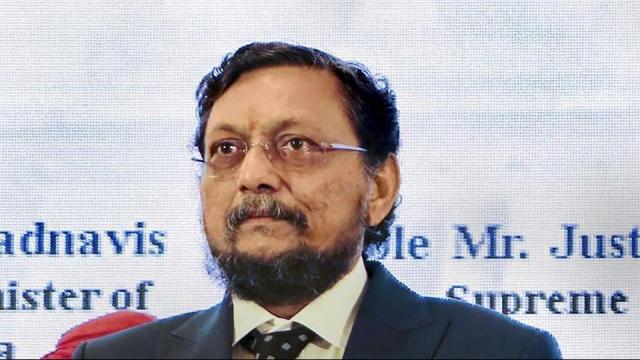‘Critical Times’: SC Will Hear Petitions On CAA When ‘Violence Stops’, Says CJI Bobde
 NEW DELHI : The Supreme Court on Thursday said it would hear the petitions challenging the constitutionality of the Citizenship Amendment Act 2019 once the nation-wide violence stops.
NEW DELHI : The Supreme Court on Thursday said it would hear the petitions challenging the constitutionality of the Citizenship Amendment Act 2019 once the nation-wide violence stops.
“The nation is going through critical times…the attempt must be to bring peace…these petitions don’t help the cause,” said the bench. The plea had also sought action against activists, students and media houses for “spreading rumours”.” Chief Justice Bobde asserted amid nationwide protests against the new law, which makes religion the criteria for Indian citizenship for the first time.
Lawyer Vineet Dhanda had petitioned the Supreme Court to declare the Citizenship Act constitutional and take stern action against “activists, students, media houses spreading false rumours” on the law.
“How can we declare that an Act passed by the Parliament is constitutional? There is always a presumption of constitutionality. If you had been a student of law at some point time, you should know,” responded the Chief Justice.Refusing urgent hearing of the plea that sought a direction to all states seeking the implementation of CAA, the bench expressed surprise and said this was the first time that someone is seeking that an Act be declared as constitutional.
“This court’s job is to determine validity of a law and not declare it as constitutional,” said the three-judge bench that includes justices BR Gavai and Surya Kant.
The observation was made by Chief Justice of India SA Bobde when a petition seeking to declare the controversial legislation as constitutional was mentioned before a bench headed by him by advocate Vineet Dhanda.
More than 60 petitions challenging the validity of the Act passed by Parliament last month to relax conditions for citizenship to non-Muslim migrants from Pakistan, Bangladesh and Afghanistan who had entered India before December 31, 2014, have been filed in the top court.
The petitions contend that the Act violates secular character of Indian constitution by linking citizenship with religious identity. The apex court had issued a notice to the Centre on December 18 and had asked the government to submit its reply by the second week of January. These petitions are scheduled to be heard by the Court on January 22.
The law was notified in the official gazette but is yet to come into force. Home Ministry officials have said they were still to finalise the rules that would govern implementation of the law.
The amended Citizenship law has sparked massive protests across the nation and has sparked fears that when combined with a proposed NRC, it would alienate India’s Muslims.
While the protests have been largely peaceful in most states, about about 25 persons have been killed allegedly due to police firings in the states of UP, Assam and Karnataka, all ruled by the BJP. There has also been violence in Delhi, where the police too comes under the central government.
There are also allegations of police violence against protesting students in Jamia Millia Islamia and Aligarh Muslim University. The Allahabad HC on Tuesday directed the National Human Rights Commission to probe the police violence in AMU after takin suo motu cognizance.
Protests have swept across the country, especially college campuses, against the Citizenship Act. The government says the citizenship law will help non-Muslim minorities from three Muslim-dominated countries – Pakistan, Afghanistan and Bangladesh – to become Indian citizens easily if they fled to India before 2015 because of religious persecution.
But critics fear the CAA discriminates against Muslims and violates the secular principles of the constitution.Over 60 petitions on the law – mostly challenging its validity – have been filed in the Supreme Court.(With Agency Inputs ).

